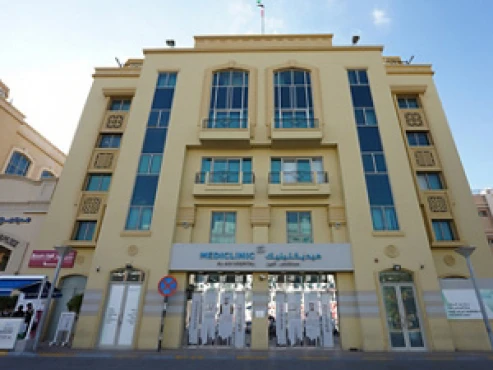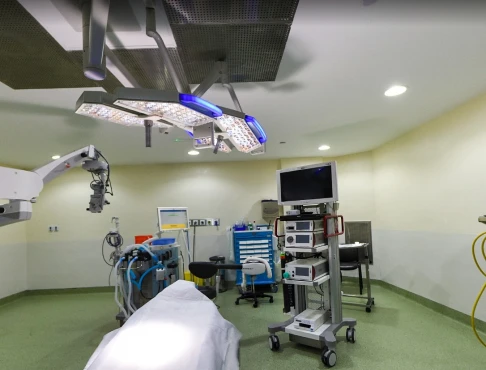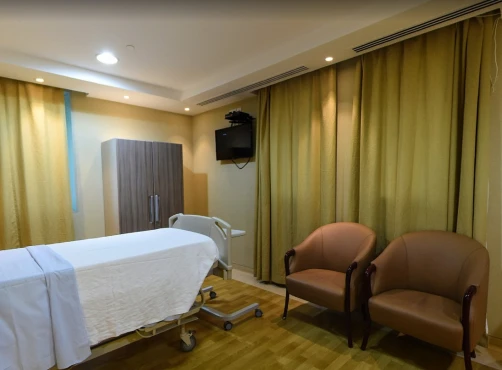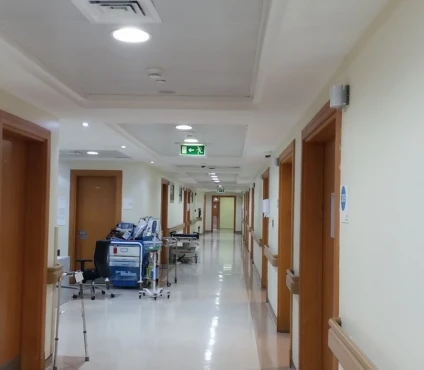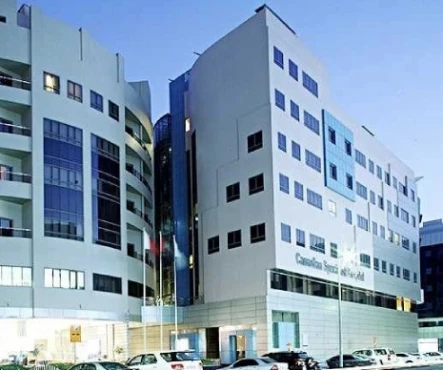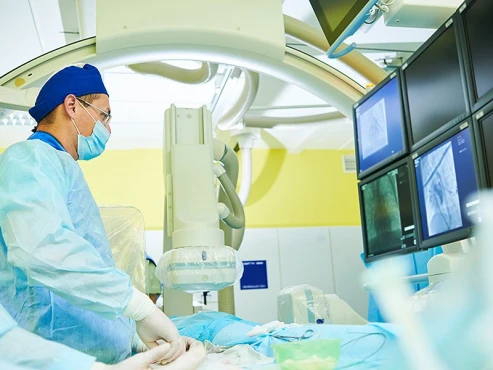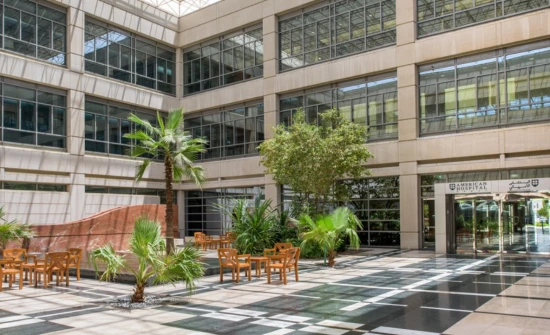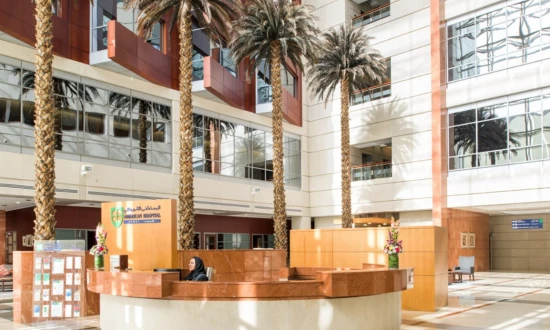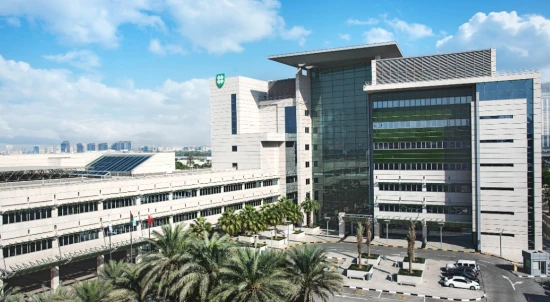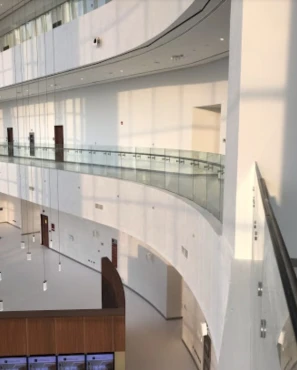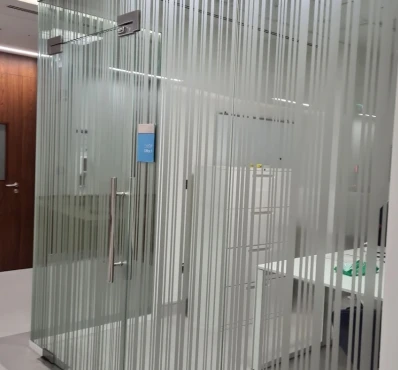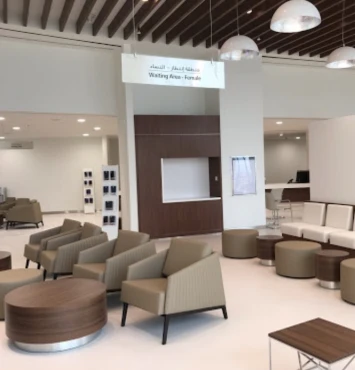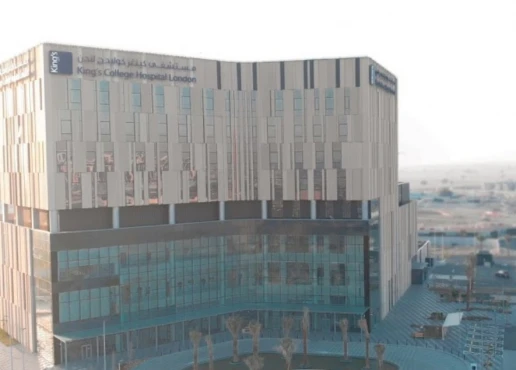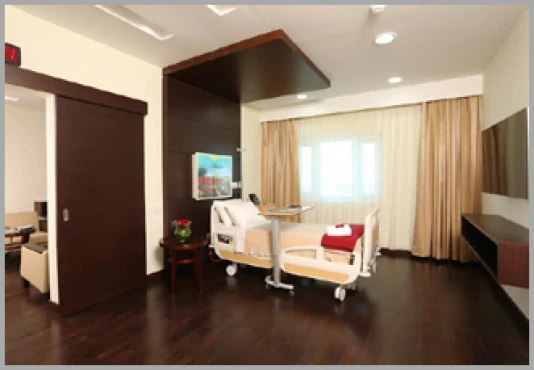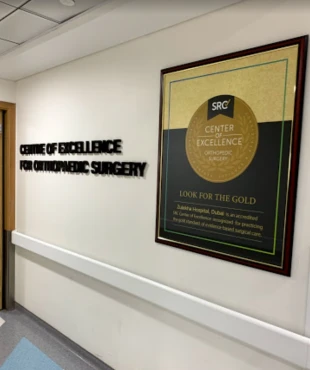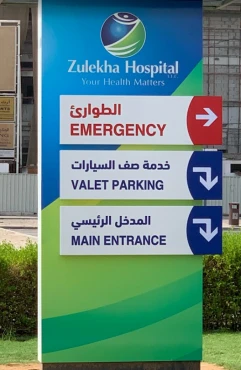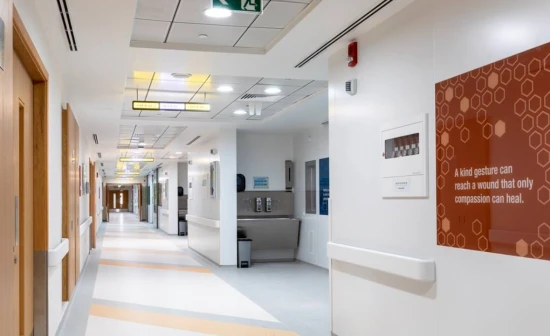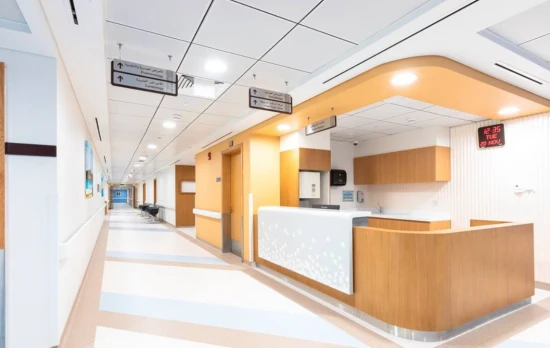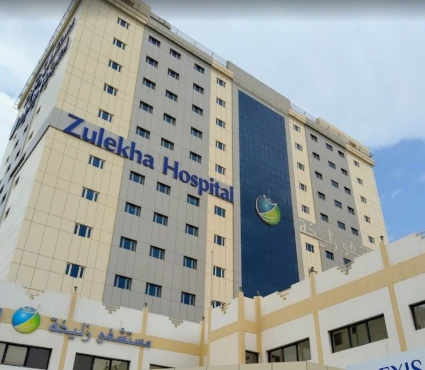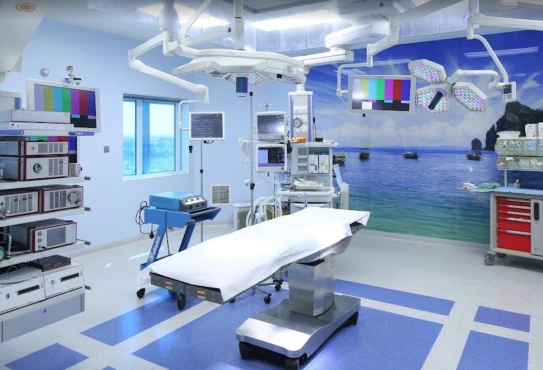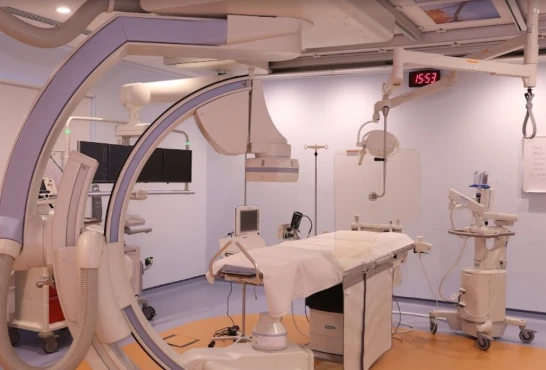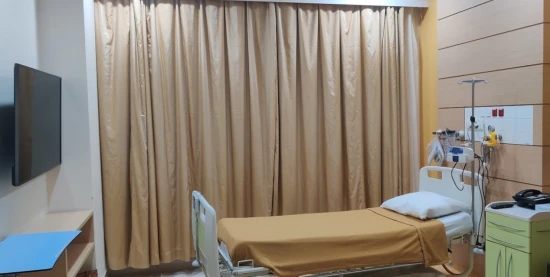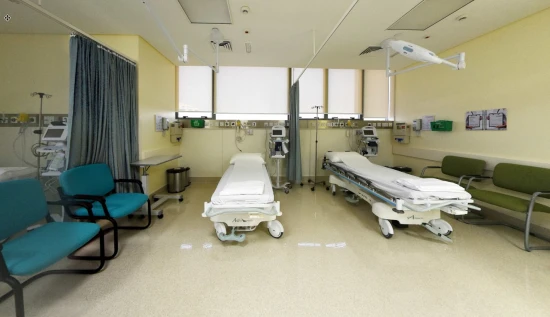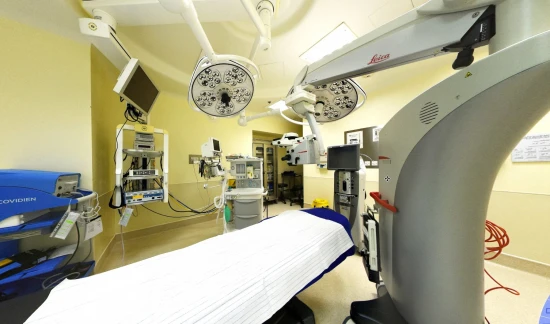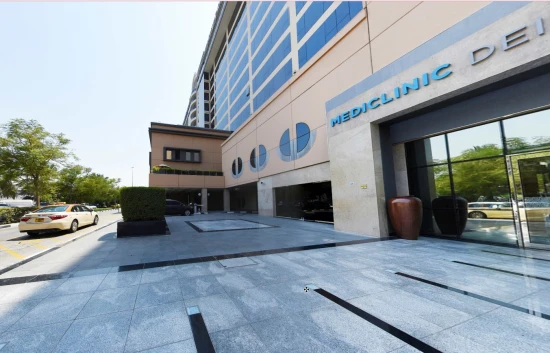Laminectomy is a surgical procedure performed to relieve pressure on the spinal cord or nerves by removing part or all of the lamina, a section of bone in the spine. It is often used to treat conditions like spinal stenosis or herniated discs, which can cause pain, weakness, or numbness. Recovery typically involves physical therapy to restore mobility and strength.
Laminectomy procedure, Atrial fibrillation (AFib) disease treatment in 1 Cardiac surgery and Spine surgery clinic in Al Ain
1 clinic specializing in Cardiac surgery and Spine surgery providing
Laminectomy
Laminectomy is a surgical procedure performed to relieve pressure on the spinal cord or nerve roots. It involves removing a portion of the lamina, the bony arch covering the spinal canal, to alleviate symptoms caused by spinal stenosis or herniated discs
Read more...
procedure, treatment of
Atrial fibrillation (AFib)
Atrial fibrillation (AFib) is a common heart rhythm disorder where the upper chambers of the heart (atria) beat irregularly and rapidly. It can cause palpitations, shortness of breath, and may require medications or procedures to manage and reduce the risk of complications.
Read more...
disease in Al Ain.
Besides this clinic there are 3 Spine surgery clinics in Al Ain and 24 clinics in United Arab Emirates.
Such diseases are treated by Mediclinic Al Ain Hospital: Ankylosing spondylitis, Benign spinal tumor, Degenerative disc disease (DDD), Osteochondrosis, Sciatica, and others.
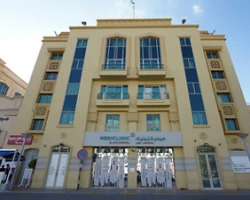
Nearby clinics in United Arab Emirates
Perhaps you should consider the following clinics we have found nearby basing on your Location, Disease, Procedure filters applied.
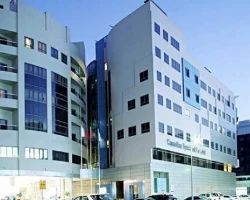
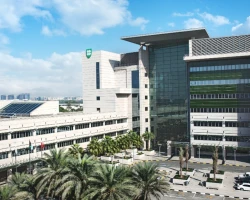
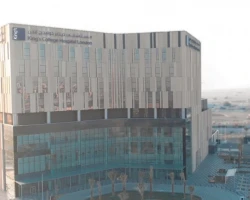

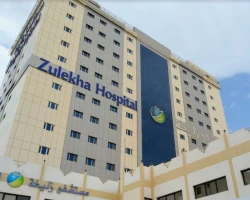
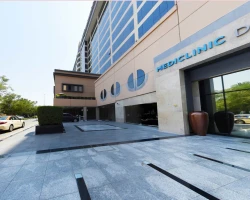
Procedure price distribution in Al Ain
Laminectomy:
Procedure prices in popular countries:
Laminectomy:
Countries with the highest number of clinics offering the procedures treatment:
Laminectomy:
Countries with the highest number of clinics treating the diseases:
Atrial fibrillation (AFib):
Related procedures:
Atrial Fibrillation - Overview
Atrial fibrillation (AFib) is a heart condition characterized by irregular and often rapid heartbeats that can lead to poor blood flow and increased risk of stroke. Symptoms may include palpitations, dizziness, shortness of breath, and fatigue. Treatment often includes medications to control heart rate and rhythm, anticoagulants to prevent blood clots, and sometimes procedures like cardioversion or ablation to restore normal heart rhythm.
- Isabella Gonzalez, M.D.

